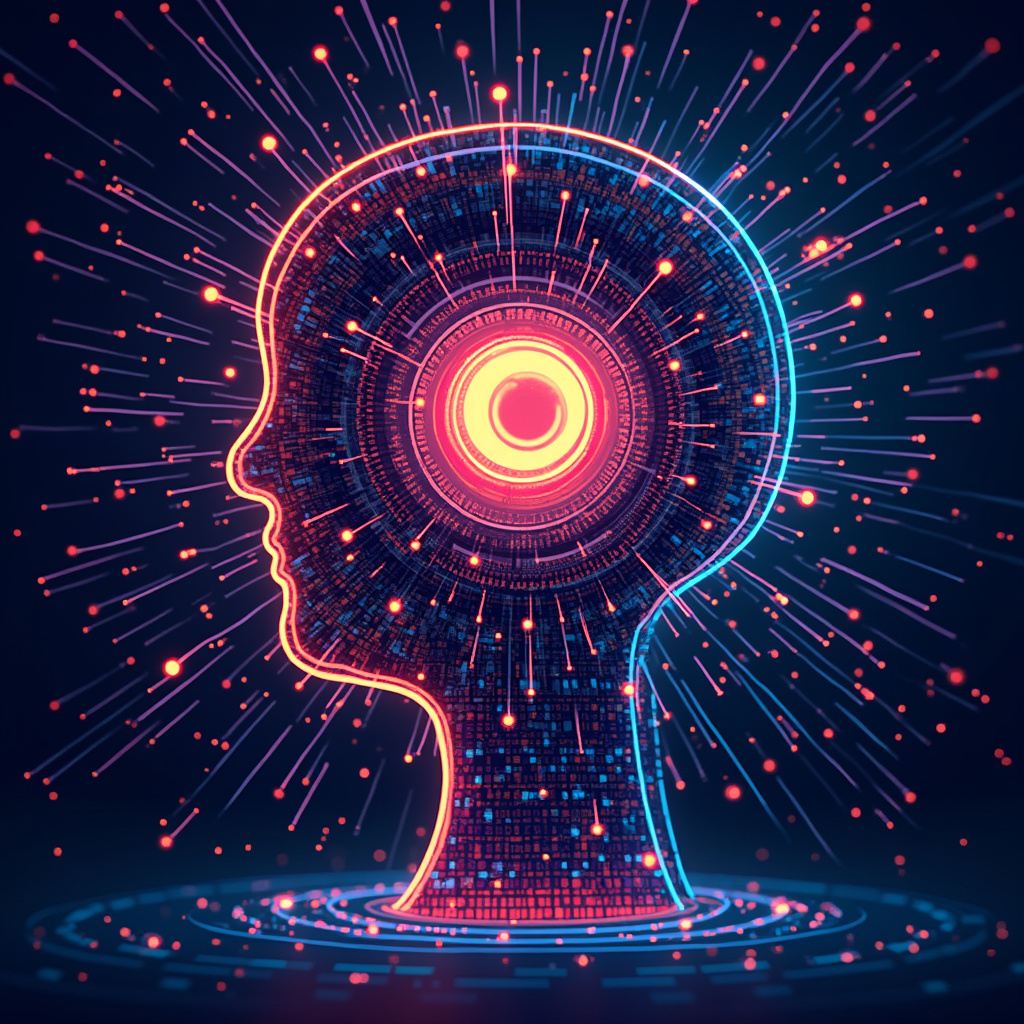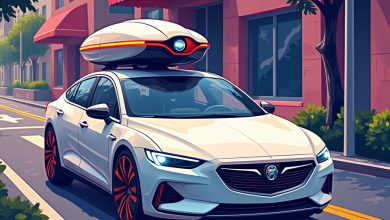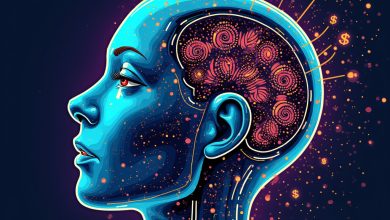The Role of Quantum Computing in AI

Introduction
In recent years, the world of technology has witnessed remarkable advancements, and two of the most exciting fields are quantum computing and artificial intelligence (AI). While AI has been transforming industries with its ability to analyze data and make predictions, quantum computing promises to take these capabilities to a whole new level. In this article, we will explore the role of quantum computing in AI and how it could change the future of technology.
Understanding Quantum Computing
Before diving into the relationship between quantum computing and AI, let’s briefly understand what quantum computing is. Traditional computers use bits as the smallest unit of data, which can either be a 0 or a 1. In contrast, quantum computers use qubits, which can represent both 0 and 1 simultaneously thanks to a property known as superposition. This allows quantum computers to process vast amounts of information much more quickly than classical computers.
The Intersection of Quantum Computing and AI
So, how does quantum computing relate to AI? The intersection of these two fields is a hot topic among researchers and tech enthusiasts. Here are a few ways quantum computing can enhance AI:
- Faster Data Processing: Quantum computers can handle complex calculations much faster than traditional computers. This speed can significantly improve AI algorithms that require vast amounts of data processing, such as deep learning.
- Improved Optimization: Many AI applications involve optimization problems, such as finding the best route for delivery trucks or the most efficient way to allocate resources. Quantum computing can solve these problems more effectively by exploring multiple solutions simultaneously.
- Enhanced Machine Learning: Quantum machine learning combines quantum computing with machine learning techniques, potentially leading to more accurate predictions and insights. For example, algorithms can be developed that take advantage of quantum properties to analyze data patterns more efficiently.
Real-World Applications
The potential applications of quantum computing in AI are vast and varied. Here are a few examples where these technologies could work together:
- Healthcare: Quantum computing could revolutionize drug discovery by simulating molecular interactions at unprecedented speeds, allowing AI to analyze vast datasets related to genetic information and disease patterns.
- Finance: In the financial sector, quantum computing can optimize trading strategies and manage risks by analyzing market trends and large datasets far more efficiently than classical methods.
- Climate Modeling: Addressing climate change requires complex modeling of environmental systems. Quantum computing can help AI analyze climate models, predict future scenarios, and develop strategies for sustainability.
The Challenges Ahead
While the future looks promising, there are challenges to overcome before quantum computing can fully integrate with AI. One major hurdle is the current state of quantum hardware, which is still in its infancy. Quantum computers are expensive and require extremely low temperatures to operate, making them less accessible for widespread use.
Another challenge is developing algorithms that can effectively leverage quantum computing’s unique features. Researchers are still exploring how to create AI algorithms that can run on quantum systems and be more effective than their classical counterparts.
Conclusion
In summary, quantum computing holds immense potential to enhance AI by providing faster data processing, improved optimization, and more powerful machine learning capabilities. While there are challenges to address, the synergy between these two technologies could lead to groundbreaking advancements in various fields, from healthcare to finance. As research continues and technology evolves, we may soon find ourselves on the brink of a new era where quantum computing and AI work hand in hand to solve some of the world’s most pressing problems.




